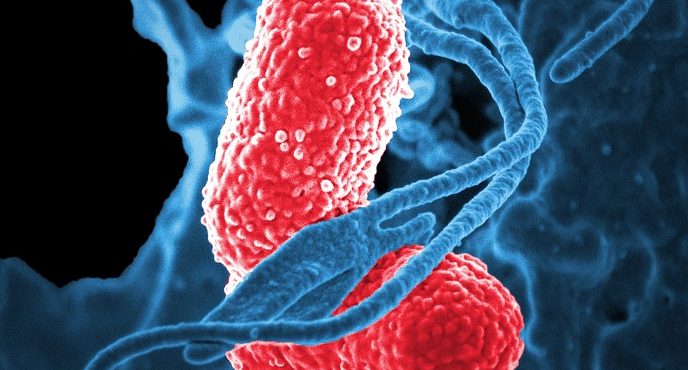
What Are The Common Bacteria That Cause Pneumonia?
What causes pneumonia
Alveoli are tiny sacs located in the lungs which are essential for moving oxygen and carbon dioxide between the lungs and the blood stream. The human body is prone to experiencing inflammation in these sacs when these structures become infected by bacteria, viruses, fungi or parasites. This condition is often characterized as pneumonia.
What are the symptoms of pneumonia
Common symptoms of pneumonia include chest pain while breathing and coughing, confusion, fatigue, and the release of mucus from the lungs. Pneumonia is not limited to these symptoms and the severity of these symptoms is affected by numerous causal factors such as, age, health condition and the type of infection which caused pneumonia [1]. [1].
Furthermore, there are many pathogens that may cause pneumonia, but bacterial infections are the most common causal factor. Generally, bacterial infections occur when harmful pathogens are inhaled. These pathogens travel to the lungs and settle in the alveoli. As the body sends infection-fighting cells such as white blood cells to the infected alveoli, the sacs become filled with pus, which causes pneumonia [2].
The following are some examples of bacterium which cause pneumonia types:
- Streptococcus pneumoniae: This bacterium is most common in patients who suffer from the chronic obstructive pulmonary disease (COPD). COPD’s most common cause is smoking and includes conditions such as chronic bronchitis [3]. [3].
- Mycoplasma pneumoniae: This bacterium is most commonly prevalent in the air in the summer and fall months
- Pneumocystis carinii: This bacterium is known for causing pneumonia in people with compromised immune systems due to diseases and conditions such as HIV/AIDS and cancer.
Antibiotics for pneumonia – Since bacteria are the most common cause of pneumonia, the most common treatment is using antibiotics, which have a high cure rate. Antibiotics are chosen based on age, symptoms, severity, and general health. Most symptoms will fade away within a few days, but the lethargic feeling may persist for months. Is pneumonia contagious pneumonia treatment – Most community-acquired pneumonia cases are treated at home with medication, but severe cases with higher risk are admitted into hospitals.
Sources:
[1] Pneumonia: “Symptoms and Causes”. Mayo Clinic. Retrieved from: https://www.mayoclinic.org/diseases-conditions/pneumonia/symptoms-causes/dxc-20204678
[2] “Pneumonia: Causes, Symptoms and Treatments”. Crosta, Peter. Medical News Today. Retrieved from: https://www.medicalnewstoday.com/articles/151632.php?page=2
[3] “Chronic Obstructive Pulmonary Disease (COPD)” The Lung Association. Retrieved from: https://www.lung.ca/copd


